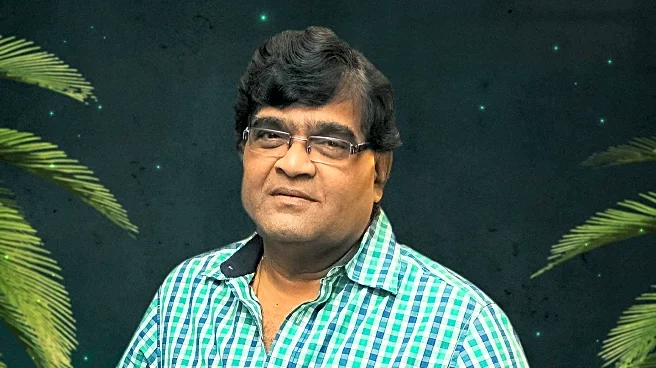What's Happening?
Baird Medical Investment Holdings Ltd., a leader in minimally invasive Microwave Ablation (MWA) technology, has successfully completed its first MWA procedure in Bangladesh. This significant medical achievement
took place at USB Hospital in Uttara, Dhaka, where a 65-year-old patient with a 6 cm liver tumor underwent the procedure. The operation was led by Dr. Mofazzal Sharif Rasel, a renowned interventional radiologist, and his team. The patient is reportedly recovering well, marking a pivotal moment in the availability of advanced cancer treatments in South Asia. Baird Medical's Chairwoman, Haimei Wu, emphasized the importance of this milestone, highlighting the growing global confidence in their technology and the increased access to innovative treatments for patients in the region.
Why It's Important?
This development is crucial as it represents a significant advancement in the availability of non-surgical cancer treatments in South Asia, a region where access to cutting-edge medical technology can be limited. The successful procedure not only enhances Baird Medical's reputation but also sets a precedent for future medical interventions in the area. It underscores the potential for improved patient outcomes through minimally invasive techniques, which can reduce recovery times and improve the quality of life for patients. The expansion of such technologies could lead to broader healthcare improvements and increased investment in medical infrastructure in developing regions.
What's Next?
Baird Medical plans to continue expanding its global presence by forming strategic collaborations with leading clinicians and medical institutions. This approach aims to broaden access to their innovative tumor treatment solutions worldwide. The company is also focused on enhancing its research and development efforts to further improve patient outcomes through precision technology. As Baird Medical strengthens its foothold in international markets, it may face challenges such as regulatory hurdles and the need to adapt to different healthcare systems. However, the successful procedure in Bangladesh could pave the way for similar advancements in other countries, potentially leading to a wider adoption of minimally invasive cancer treatments.










